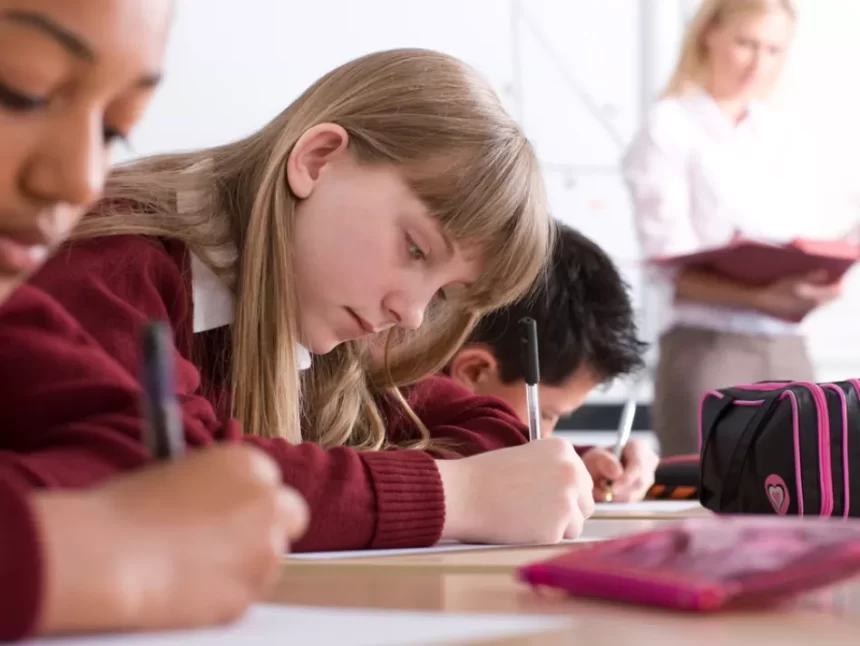The 24 May launch of the Federal Government’s National School Review Survey invites students, parents, and teachers to share ways to improve Australia’s education system.
The Review to Inform a Better and Fairer Education System will make recommendations for Education Ministers to inform the next National School Reform Agreement. The aim is to boost education outcomes in Australia and ensure students’ current and future needs are met.
Sustainable support and teacher retention needed
Participants can give feedback on a range of issues, including student health and wellbeing, how to create better education outcomes, and sustainable support and retention of teachers.
The survey is open until 23 June 2023.
The Expert Panel Review, led by Australian Education Research Organisation (AERO) Chair Dr Lisa O’Brien AM, will also consult with stakeholders and visit schools across Australia.
Dr O’Brien will report on the practical reforms that should be tied to funding in the next National School Reform Agreement to Education Ministers in October.
“Australia has a good education system, but it can be a lot better and a lot fairer,” said Federal Education Minister Jason Clare. “I want to hear what teachers, parents and students have to say. The views and experiences of teachers, parents and students are crucial to building a better and fairer education system.”
In a Brisbane ABC radio interview, Minister Clare said the survey will help identify what the government should focus on when it comes to school funding.
“What this survey is about is asking teachers, asking parents and students, what are the things they think we should be investing in our schools that are going to make a real, practical difference,” he said.
Student wellbeing is key focus
Three key areas of focus in the next National School Reform Agreement, according to Minister Clare, are education outcomes, mental health and wellbeing, and teacher support and retention.
“If you’re happy and healthy you’re more likely to learn. The pandemic exacerbated the mental health crisis that we’re seeing in our schools,” he said. “So, we’re interested in ideas about what are the practical investments that we should make in schools that will help students in that area.”
Statistics show that poverty, being educated in a regional location or being Indigenous make young people three times more likely to fall behind – and stay behind – at school. To turn that around, Minister Clare said finding ways to stop “the gaps in learning get worse with every year at school” is critical.
“We’re interested in ideas and advice from teachers but also students and parents about what are the practical things that we should fund in our schools that will help children to catch up and keep up,” he said.








